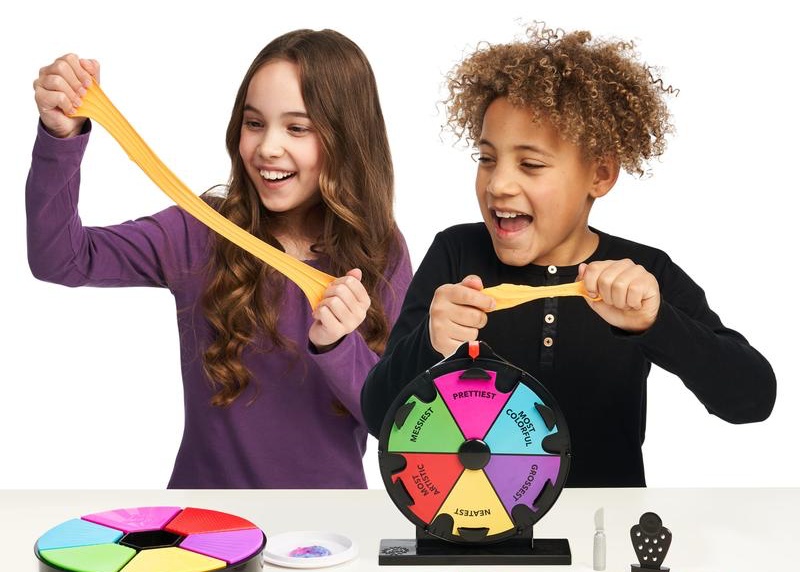
As children grow and develop relationships with others, it is important to offer ways of practicing their social skills through role-playing activities that teach them to share and take turns. Using toys can be instrumental in this development process in the following ways.
Learning to Take Turns
From waiting in lines and waiting for others to finish the test at school to waiting for advancement opportunities at work, there will be a lot of waiting in life. Taking turns and learning patience is a large part of living within a society where others are equally important and getting what we want, such as ordering a cup of coffee, is often delivered on a first come first serve basis. Therefore, it is essential to teach children this concept. But, how is this explained when the child is still learning about what they like and it can be difficult to focus on what others may also like or need?
By using toys and games in conjunction with clear communication, parents and teachers are able to show children with a visual aid why it is necessary to take turns. If two children would like to play with a toy, for example, they can have a time limit set where the toy is handed to the next child after the time is up. In a game, the rules are similar. Each child must wait after making a move for their turn to move again. In this way, children learn that their friends or family members like similar things and should be equally allowed to play with those items or have a turn.
Removing the Possessive
Another wonderful thing about learning to share toys is everyone gets along when they don't have to fight over possession. When each person has a turn with the toy or while playing the game, there is no need for arguments or aggressive behavior. This is because the child learns that he or she will have another opportunity to play with the toy in the near future. In other words, no one is taking the toy away permanently. While it still may be difficult to grasp that the toy is gone temporarily, the child will discover the value of patience and the understanding that the toy will be just as fun when it is returned after consistent practice with sharing.
Making Friends Smile
One thing all children love to do is make others happy. They will often tell jokes, give out hugs, perform silly gestures, and make up or copy dances for applause and a friendly smile. When they share toys, they will be instantly rewarded with knowing they are making their friends happy and they will visibly see a positive shift in the friend’s response. This is especially true when the toy belongs to the child and a friend is asking to share it while knowing the child can say no. As the child agrees to let the friend take a turn, the happy reward from watching the friend smile and show appreciation becomes an encouragement for continued generosity, friendship, sharing, and patience.
Helping Others Accomplish Tasks Improves Self Esteem
On the note of encouragement, there is also some sense of accomplishment that comes with sharing toys. For instance, when a child practices taking turns in a game, the friends playing the game are able to practice the skills they need to advance in the game strategy. The more they learn, the more they grow as friends and talk to each other about their new skills. This bonding experience lifts the self-esteem of all of the players and can be seen in playing games, taking turns with role-playing through the use of action figures and dolls, or allowing friends to try their hand at a puzzle toy. The more the friends or family members work together the stronger their bond becomes.
Observing New Skills Being Performed by Others
?Lastly, children watching others play with their toys and games can teach them new communication or strategy skills. A large part of how we learn is through watching our friends and family members handle tasks and activities. When a friend asks to share a toy, that friend may have a completely different approach to how to play with it or may have some creative thoughts on scenes to act out. This way, the child will learn that learning new skills from watching others can be fun!
